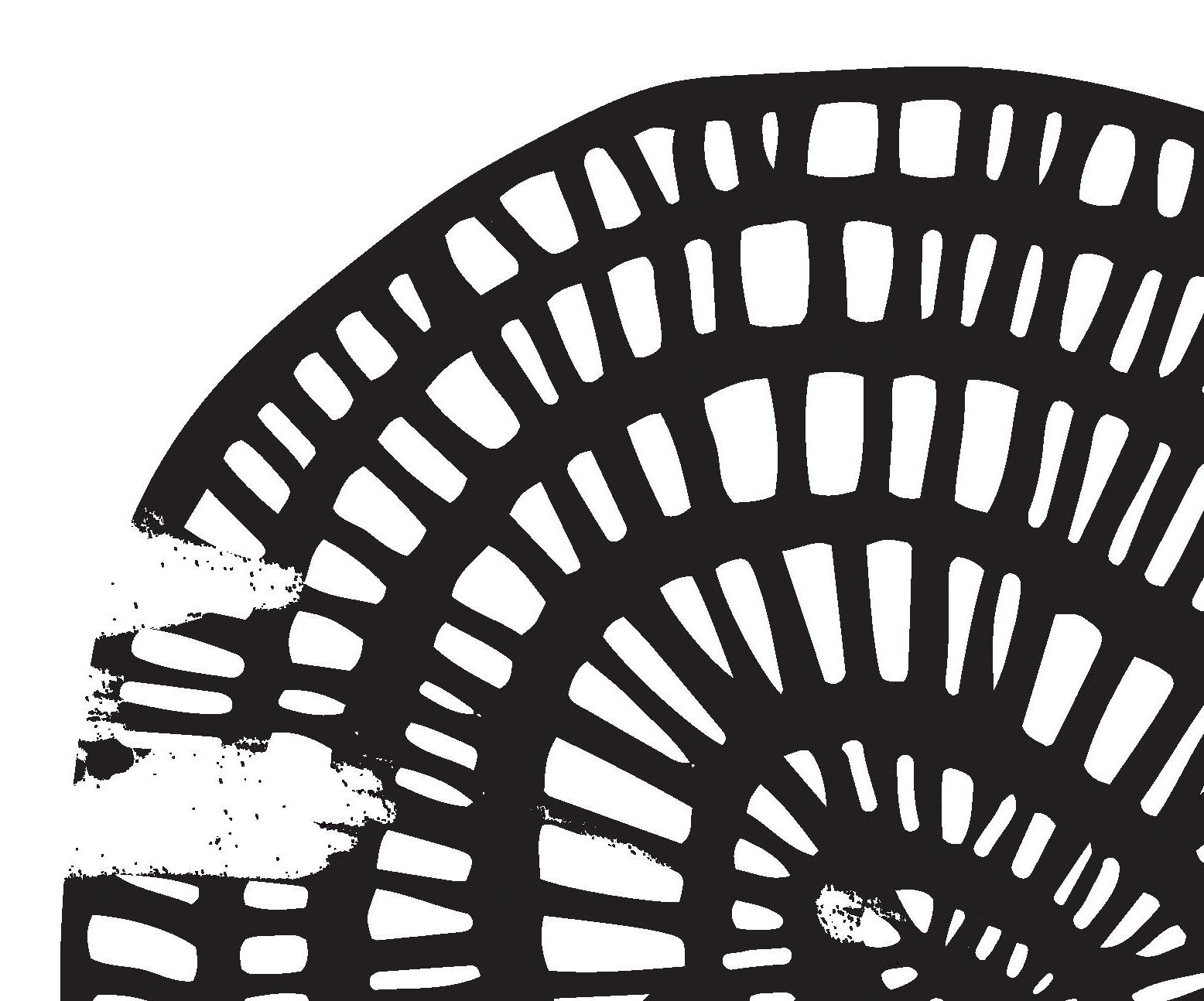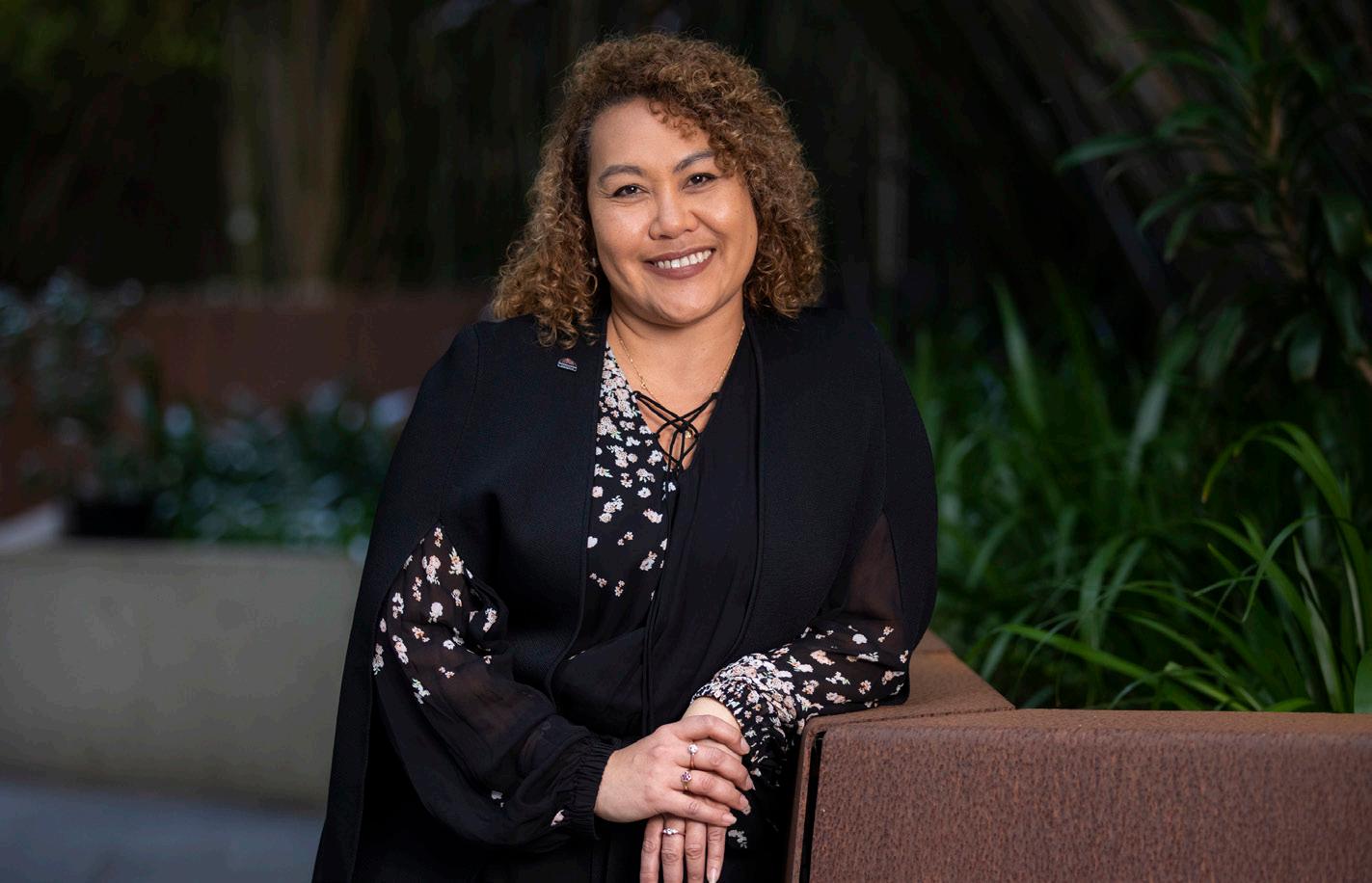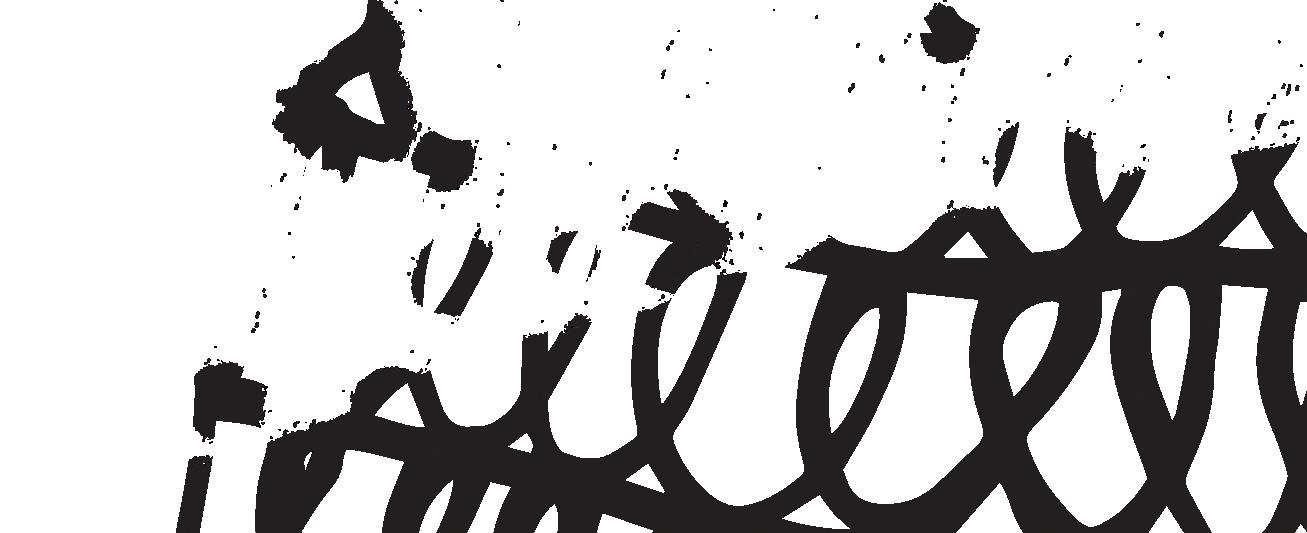
3 minute read
18 First Nations leadership during COVID
According to Peter Murray, “during the lockdown, communities had full control of their area—it was a time to really stand up and put good action plans in place.”
This centring of control and selfdetermination within communities shows the life and death importance of First Nations peoples leading the way with COVID-19 management in their communities.
“We’ve insisted that the government work in partnership [with us] and not make decisions in isolation from our people—that has been absolutely critical to the success to date,” said Pat Turner.
Culture and communitycontrol
Culture has been fundamental to the responsiveness of Aboriginal and Torres Strait Islander organisations and leaders, and the uptake of preventative measures in the community.
Peter Murray’s community acted quickly to evacuate families “back into the communities, ... back out to Country, and to do hunting, food gathering, and knowledge transfer.”
“We are hearing stories of people using this time to get grandkids out to Country, looking after sacred sites, and valuing cultural knowledge and the added food that comes from hunting,” said Sarah Brown.
“Those cultural priorities of family and compassion and looking after Country ... have really come to the forefront in remote communities.
“Networks … are now so much stronger and people are so much more willing to help each other out—a little while ago, clinics across the Territory were sharing what little PPE they had ... even though they didn’t have enough for themselves.”
For Michelle Deshong, CEO of AIGI, it’s a positive lesson to take into the future.
“It’s that commonality and that value around culture that’s helped some of those decisions come into play and be respected quite quickly in our communities.”
New ways forward
Aboriginal and Torres Strait Islander organisations have combined cultural protocols and decision-making with technology in order to mitigate risks and increase access to services.
“This pandemic has shown the cracks in systems, but it’s also helped people get more creative,” said Sarah Brown.
Aboriginal community-controlled health organisations have used social media to stay in contact and keep up care with their patients and members. In remote communities, broadband has been extended and nurses have used Purple House’s real-time language app to share COVID-19 information across language communities.
According to Michelle Deshong, these successes show the efficacy of community control.
“When you allow decision-making to sit within the communities, it means we can be proactive and we can respond and communicate with our mob in a way that doesn’t require the same levels of bureaucracy and obstacles.”
For others, these innovations in response to the crisis have raised expectations and optimism for what is possible, and set precedence for new ways forward.
“I’m really hopeful that we will continue to use teleconferencing and telemedicine to reduce the remoteness of some communities and give people the option not to travel off Country for things—that’s a really strong lesson from this,” said Sarah Brown.
Looking to the future
In comparison to the devastating incidence of COVID-19 in Indigenous communities abroad, rates of COVID-19 in First Nations peoples in Australia remain proportionately lower than the rest of the population. The Department of Health’s mid- September COVID-19 Epidemiology report shows that Aboriginal and Torres Strait Islander peoples are 3.3% of the population, but only 0.5% of all COVID-19 cases.
This success points to the efficacy of First Nations decision-making in this crisis so far, and will no doubt act as a crucial case study for placing agency in the hands of communities into the future.
Regardless, Aboriginal and Torres Strait Islander leaders remain vigilant.
“As long as [Covid-19] exists in Australia, our people are at the highest risk,” said Pat Turner.
“What we have to maintain is the connectivity that we’ve built up between our people at the very local community level, into a regional level, feeding into the national level.”
Photo: Purple House


AIGI is an independent, nongovernment, not-for-profit organisation that is a centre of knowledge and excellence in governance; connecting Indigenous groups, individuals and organisations to world-class best-practice expertise and knowledge, with a focus on building sustainable, effective and legitimate governance on the ground. Find out more about its work and its ongoing webinar series at: aigi.com.au





